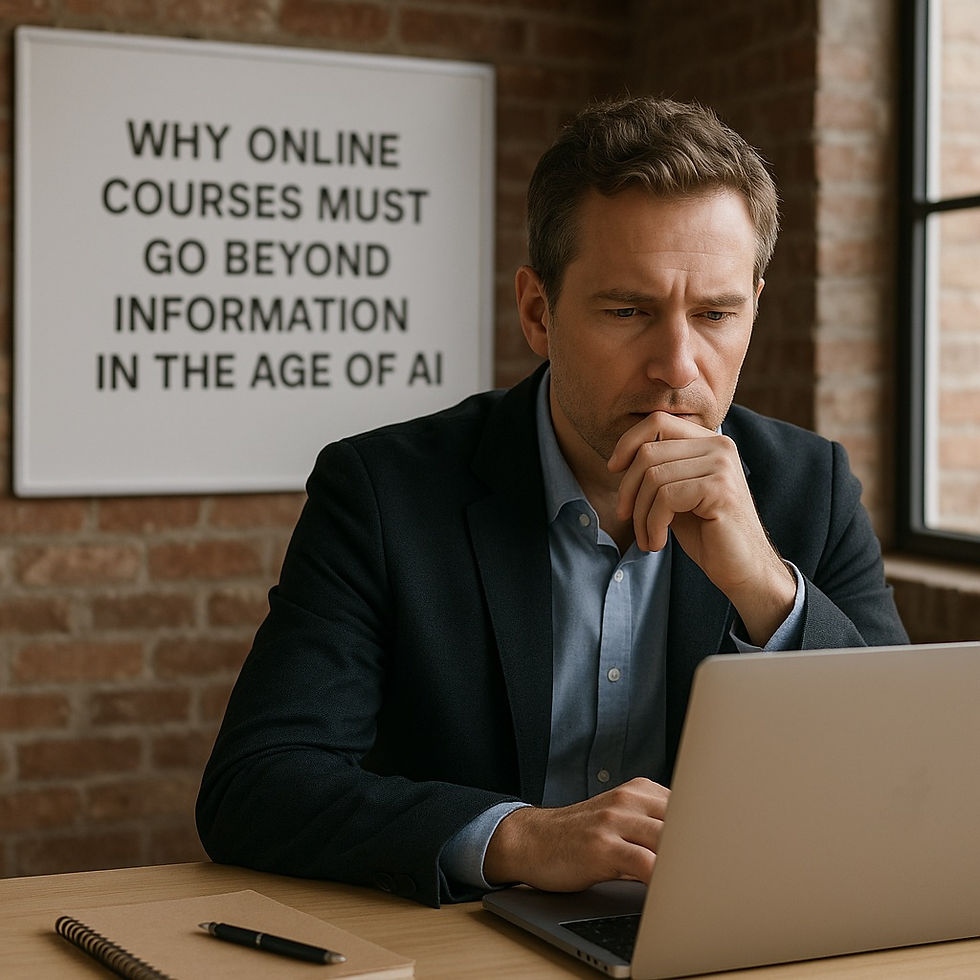War in Ukraine: The Lunatics are Running the Asylum
- Bernard Kates

- Apr 15, 2022
- 6 min read
Watching the TV news in recent weeks has become a harrowing experience as we're subjected to ever more graphic depictions of the conflict unfolding in Ukraine. The suffering of the people of Ukraine is heartbreaking. The images of their shocked, stunned, devastated faces stays with me, as does their deep distress. Men, women, children, old folks, all have been uprooted and sent fleeing in search of safety bearing only whatever they can carry in their own hands. It is a tragedy not just for them but for the entire world. It is a tragedy doubled or trebled because we have seen it all before.

Chernihiv, Ukraine, Wednesday, April 13, 2022. (AP Photo/Evgeniy Maloletka)
How can such a situation come about in the 21st century? Did we learn nothing at all from the insanity of two world wars and countless other conflicts that tore the world apart in previous times - much of it within living memory?
"Human beings, who are almost unique in having the ability to learn from the experience of others, are also remarkable for their apparent disinclination to do so." - Douglas Adams
There are leadership lessons to be learned from observing what is happening and examining how we got here.

Here in the western world we tend to blame one man - Russia's president Vladimir Putin - for everything. Sure enough he carries a lot of responsibility for what is happening, but consider this: Putin is only one man, and on his own he could accomplish nothing at all. The current conflict arises because people chose to follow Putin. He's a visionary, inspirational, charismatic leader who brooks no argument and is completely determined to achieve his grand vision for himself and for his nation. He's sold that vision to the Russian people and many of them have bought in to it. Many others, who see through Putin and recognise his monstrous ideas for what they are, are intimidated into silence and actively oppressed if they dare to express any opposition.
Meanwhile, the rest of the world has stood by, occasionally making feeble protests at Putin's latest excesses but doing nothing at all to dissuade him from his course. Challenging Putin has been seen as "none of our business" because it would be "interfering in a sovereign nation's internal affairs," which is both a classic extremist government's strategy for dismissing any external criticism and a classic excuse for others to do nothing. Western governments in particular have shown remarkably little inclination to challenge Putin, for these reasons and also because doing so would be bad for business. "Tut tut," they say, as with impunity Russian troops invade and annex a neighbour's sovereign territory (Crimea, February/March 2014) and Russian-backed militia shoot down a civilian airliner killing all on board (MH17, July 2014). Meanwhile we continue to do business with Putin and his oligarch buddies, turning a blind eye toward their egregious behaviour both at home and abroad.
Putin himself perhaps believes that his actions are reasonable and that the ends justify the means. It is often the case that such autocrats exhibit a psychopathic inability to recognise that their beliefs and actions might be wrong. To them, "wrongness" is in the eye of the beholder; simply put, they do not care what others believe. Who knows what, in reality, motivates Putin himself? One thing is obvious: his accumulation of power has brought with it an accumulation of great personal wealth both for himself and for the oligarchs who have supported him. So while Putin might preach about protecting Russia against NATO expansionism or "de-Nazifying" Ukraine, is he merely disguising the fact that what he's after is ever more wealth and power for himself and his buddies?
"Hell hath no fury like a vested interest masquerading as a moral principle." - Traditional
Were any world leaders prepared not just to voice opposition to the Putin regime's behaviour but to take action to do something about it? It's true enough that since Russia's all-out invasion of Ukraine we have seen a stream of world leaders leaping into the spotlight to proclaim hard-hitting economic sanctions against Russia, but what were these leaders doing in previous years when the warning signs were there? Their lack of action then gave Putin time to "sanction-proof" Russia, at least to some extent. Does such timidity and unwillingness to rock the boat or risk confrontation really constitute leadership? I would argue that it does not: trying to be everyone's friend, and shying away from confronting those who need to be confronted, constitutes a failure or even an abdication of leadership.
"The only thing necessary for the triumph of evil is for good men to do nothing." - Edmund Burke
Within Russia itself there have been some leaders prepared to stand up and actively oppose Putin and his regime. Alexei Navalny and his anti-corruption foundation come to mind. Their courage in the face of brutal repression has exemplified true, fearless leadership that has attracted considerable active support within Russia, but very little other than fine words from beyond Russia's borders. Navalny himself is a visionary, charismatic leader, a man with a deep sense of purpose, the courage to act on what he believes despite great personal risk, and the ability to communicate his ideas in such a way as to inspire and motivate people to follow him. That is why Putin has gone to great lengths to shut Navalny up: the presence of such an effective critic and opponent cannot be tolerated.
Putin's regime has a long history of silencing critics and opponents; the poisoning of Alexander Litvinenko in 2006 and Sergei and Yulia Skripal in 2018, for instance. Navalny himself was poisoned with the nerve agent Novichok in 2020, an attack that left him dangerously ill but from which he subsequently recovered.
"The ultimate measure of a man is not where he stands in moments of comfort and convenience, but where he stands at times of challenge and controversy." - Martin Luther King, Jr.
Putin is a classic dictator: "it's my way or the highway," "if you're not with me then you're against me," a narcissistic megalomaniac with a canny ability to inflame public opinion and exploit perceived injustices. In this he's no different from the dictators who came before him: Adolf Hitler, Benito Mussolini, Mao Tse Tung, Josef Stalin, the list is long.
All of these men (isn't it interesting to note the absence of women from this list?) had attributes in common: a grand vision, charisma, a towering ego, a "do or die" approach to imposing their ideas on their own people and on the world at large, and complete lack of interest in what anyone else believes. If you want examples of the Autocratic leadership style, you need look no further.
The long and bloody history of man's inhumanity to man shows us that autocratic leaders as exemplified by these extremist dictators tend not to remain in power for very long. Eventually, their monstrous, destructive behaviour brings about their own downfall. The tragedy of it is that while they hold power they do untold damage to their own nation and to the wider world, and they fall only after years of oppression, death and destruction often culminating in a cataclysmic crisis.
I believe that the current situation in Ukraine arises because we have on the one hand a strong, autocratic leader in the shape of Vladimir Putin, and on the other we have had weak, indecisive, divided, self-serving and ineffectual leadership on the part of those outside Russia who profess to oppose his world view. The situation has gone too far and teeters now on the brink of catastrophe. If the world does not intervene and take assertive action against Putin's Russia, who and what will be next after the annexation of Ukraine? If the world does act, and the action it takes in the name of protecting sovereign nations and preserving their right to independence and self-determination results in deeper and more widespread conflict, what then?
"What difference does it make to the dead, the orphans, and the homeless, whether the mad destruction is wrought under the name of totalitarianism or the holy name of liberty or democracy?" - Mahatma Gandhi
We are on the horns of a dilemma of our own making. Extracting ourselves from it while averting disaster is going to require superlative leadership. Let us hope that such a leader may step forward, sooner rather than later.



It's too late for us now ... the wreckers are coming, get your towel ...